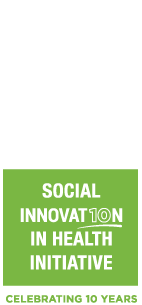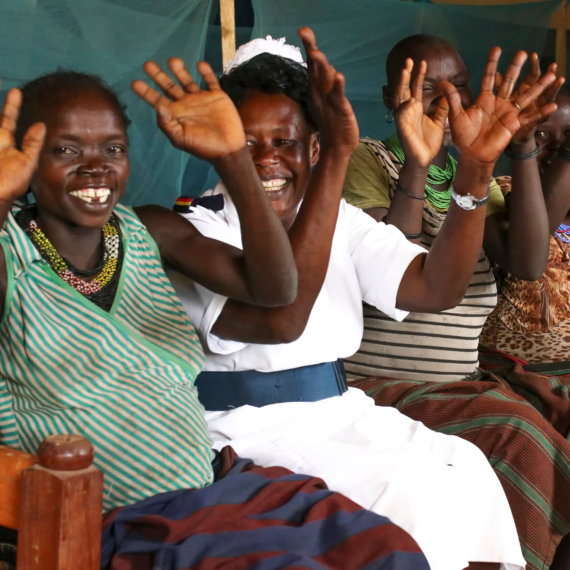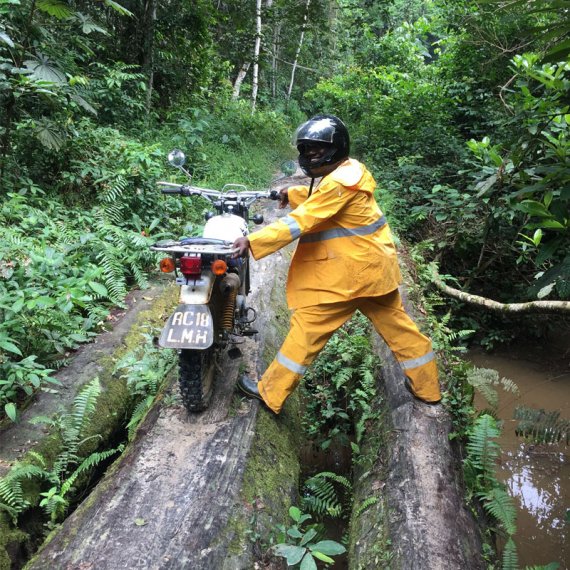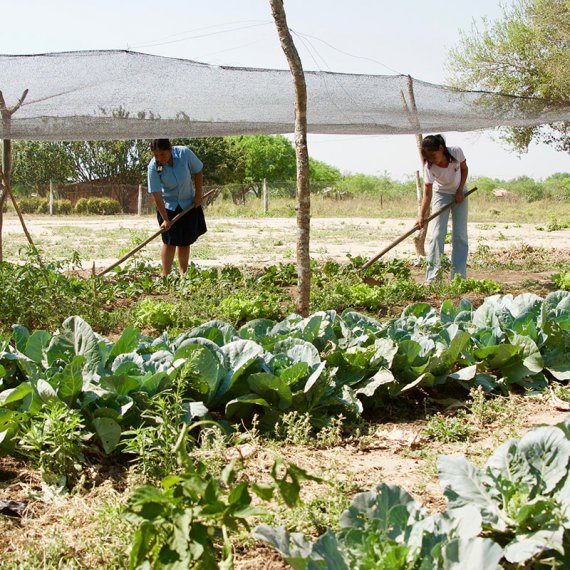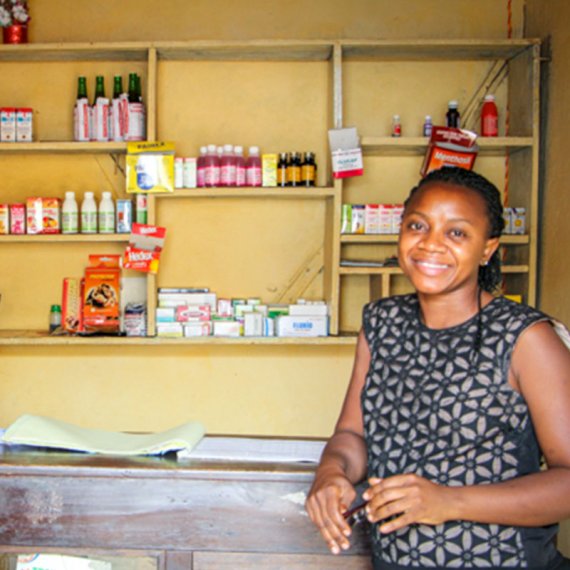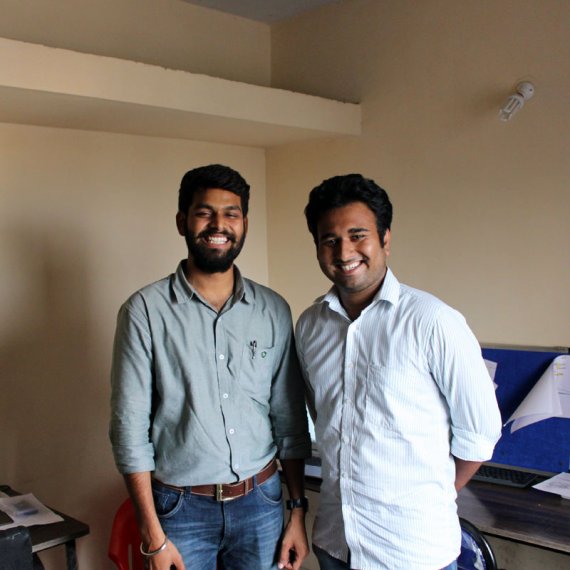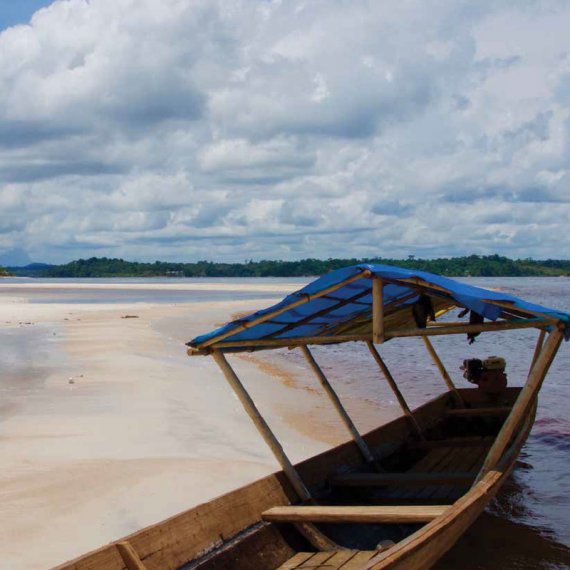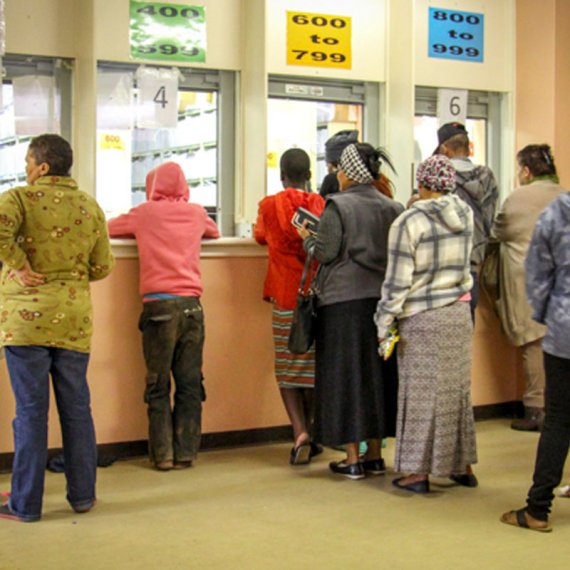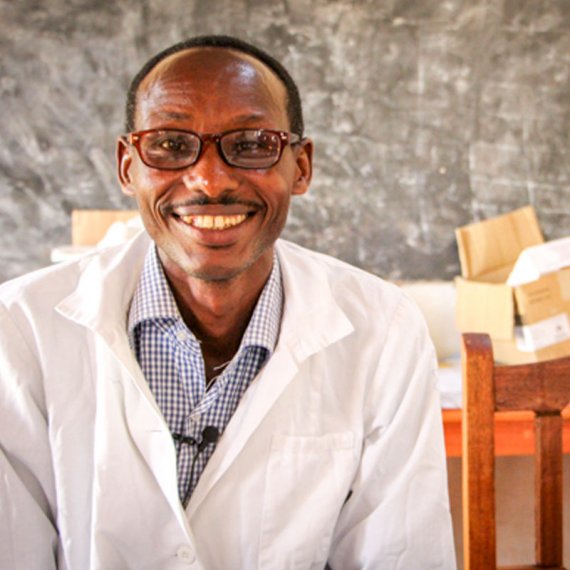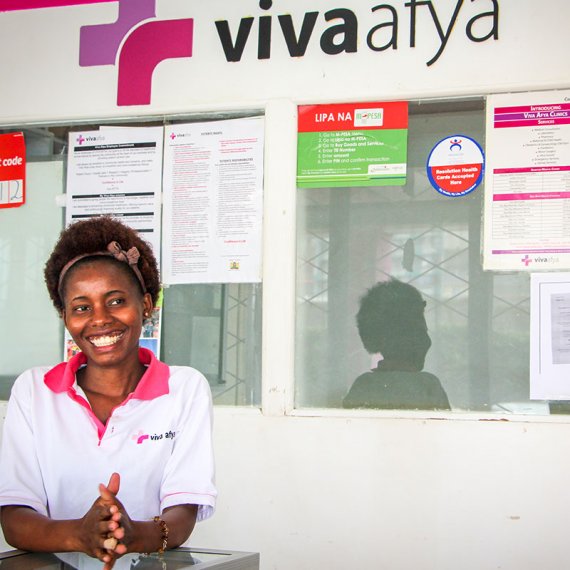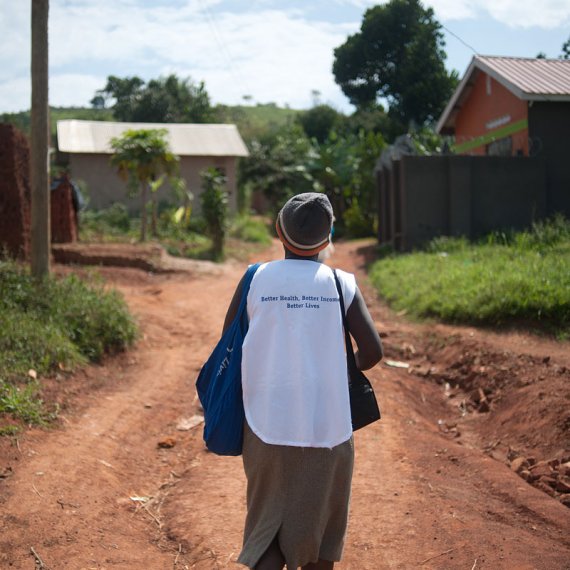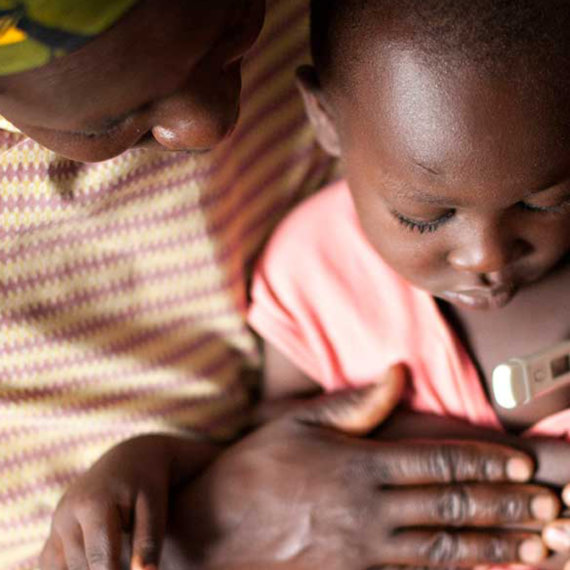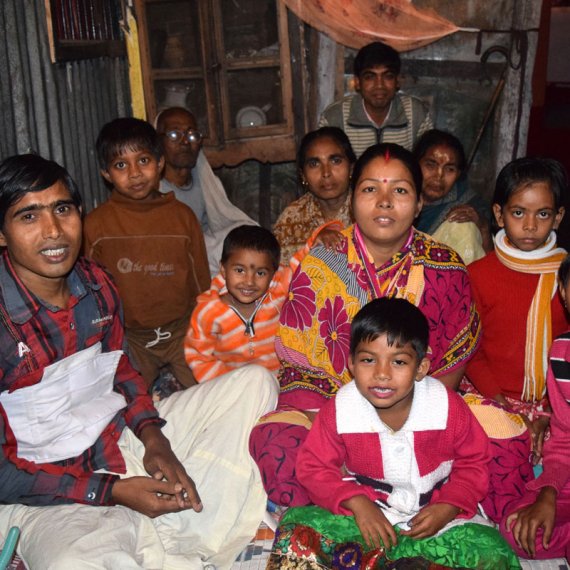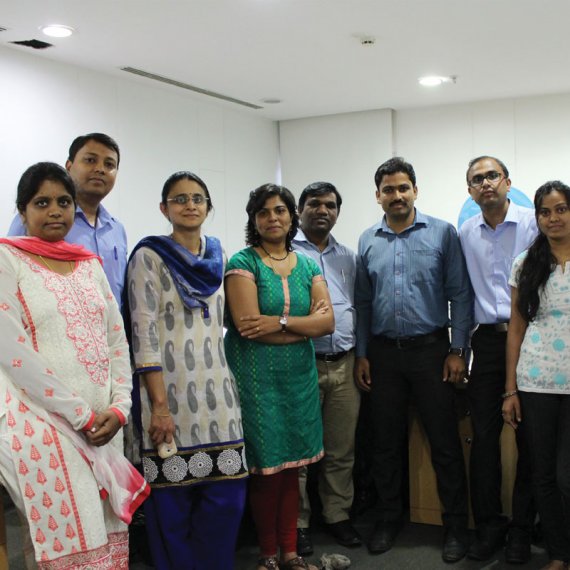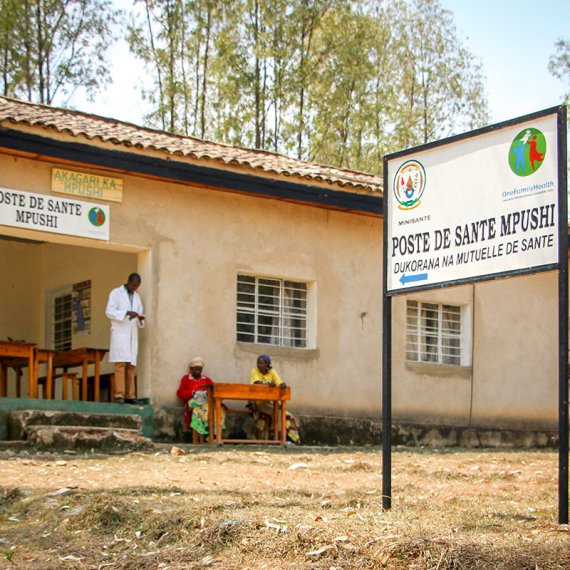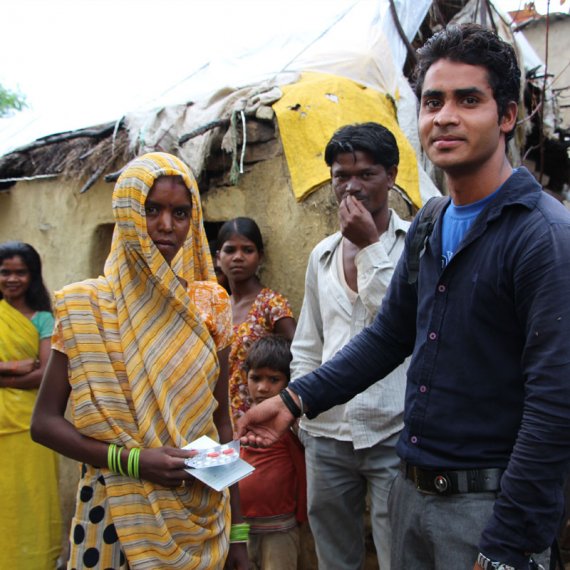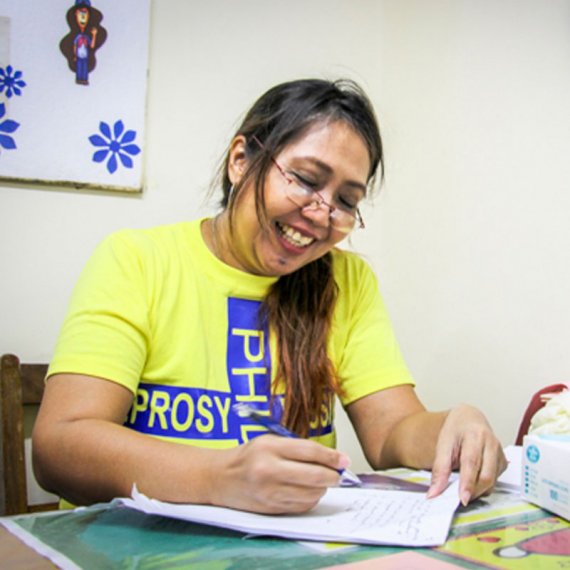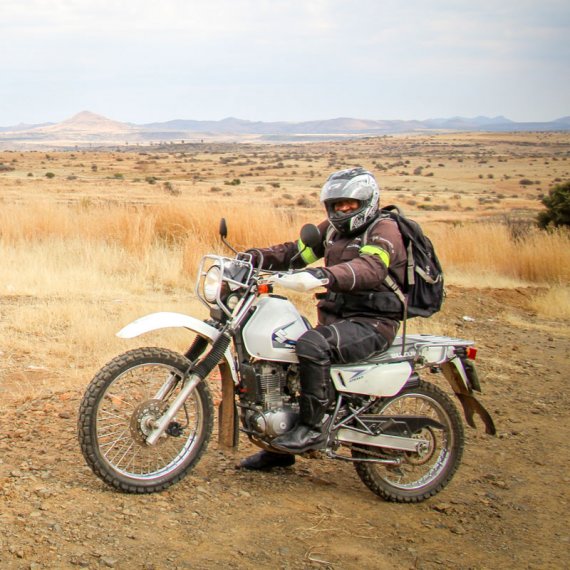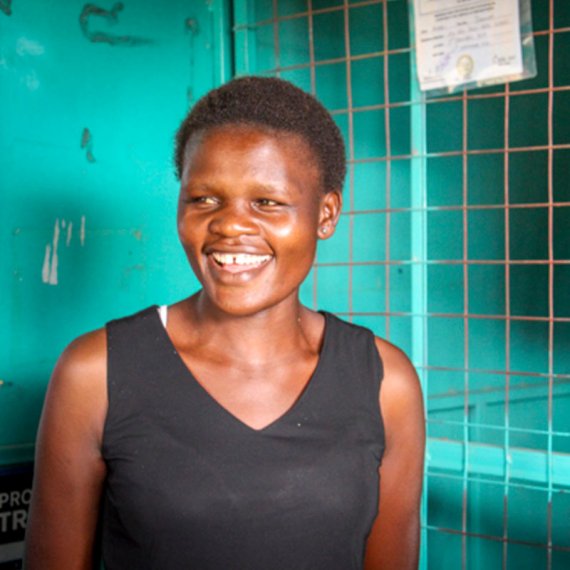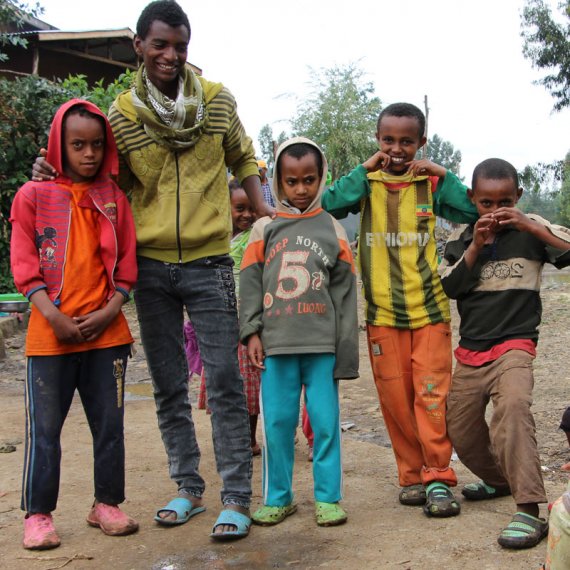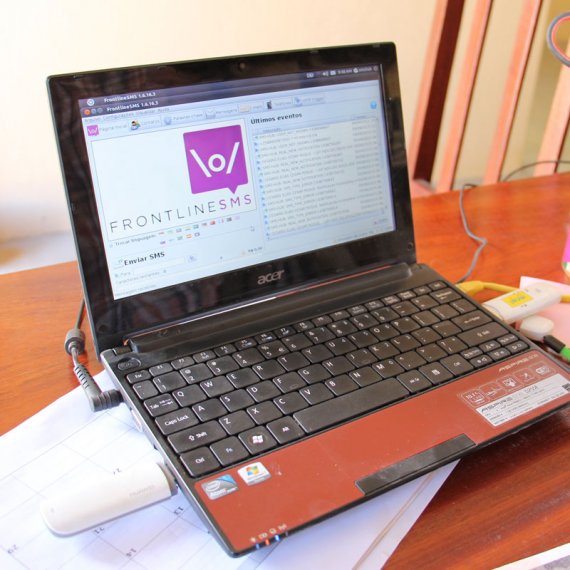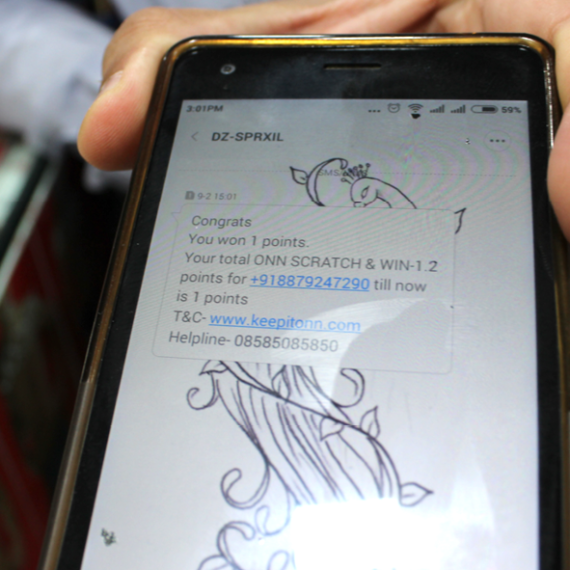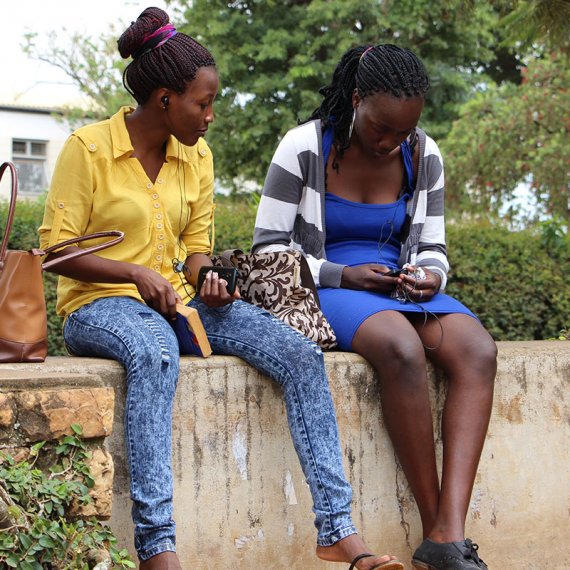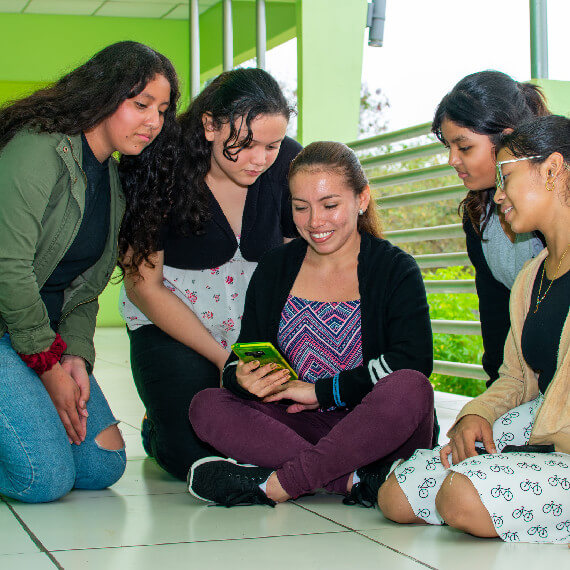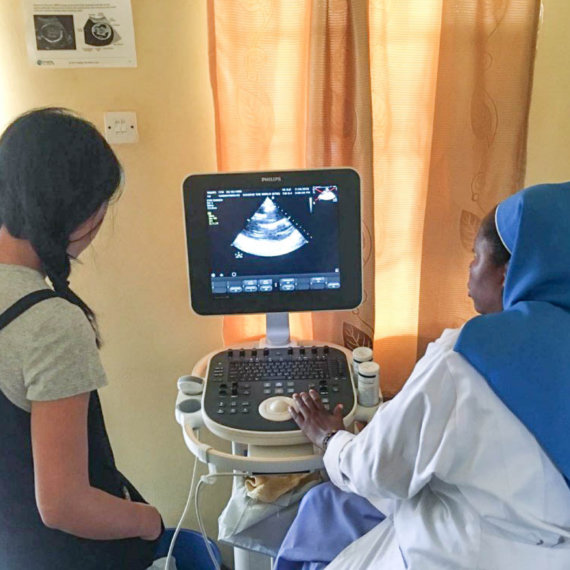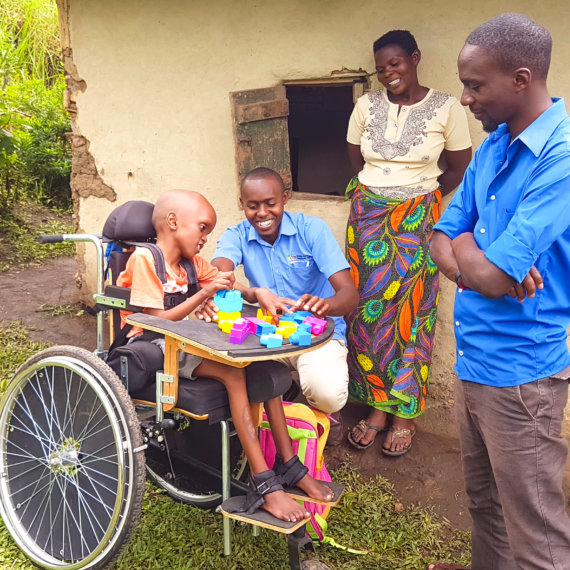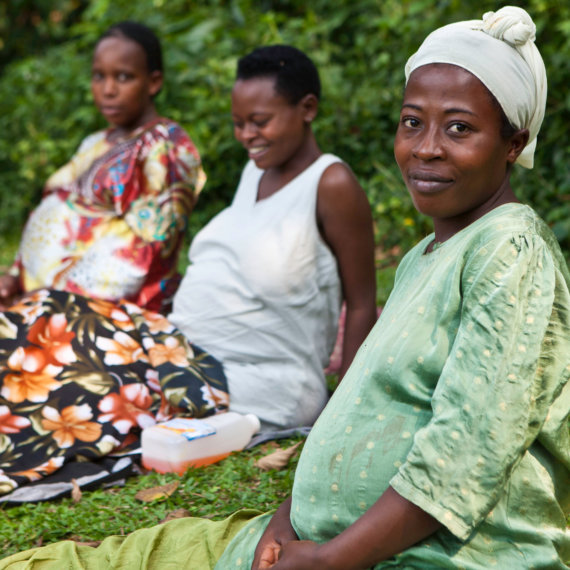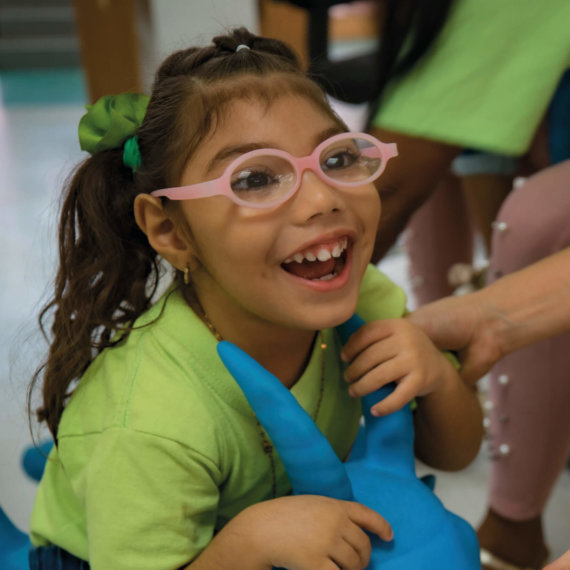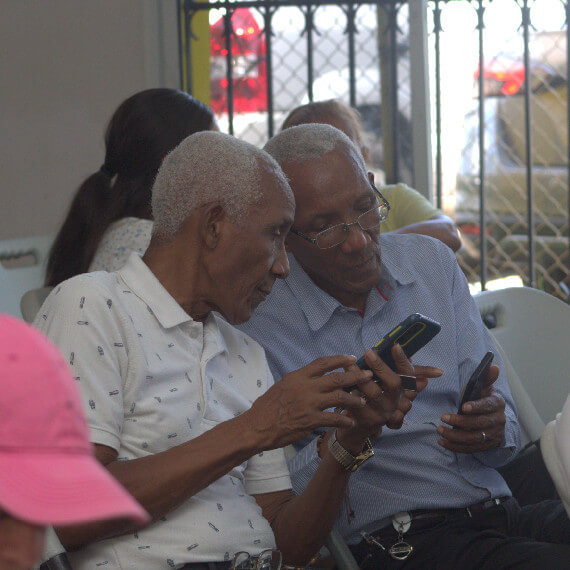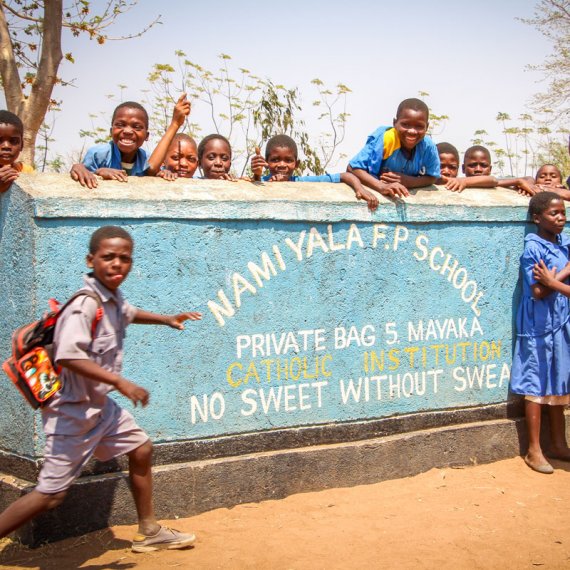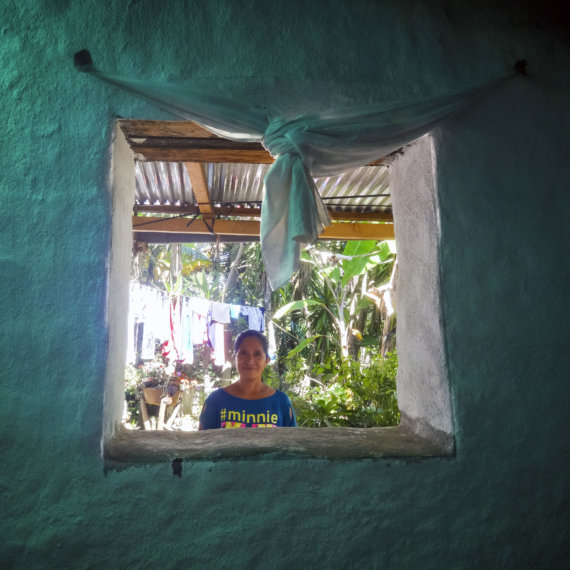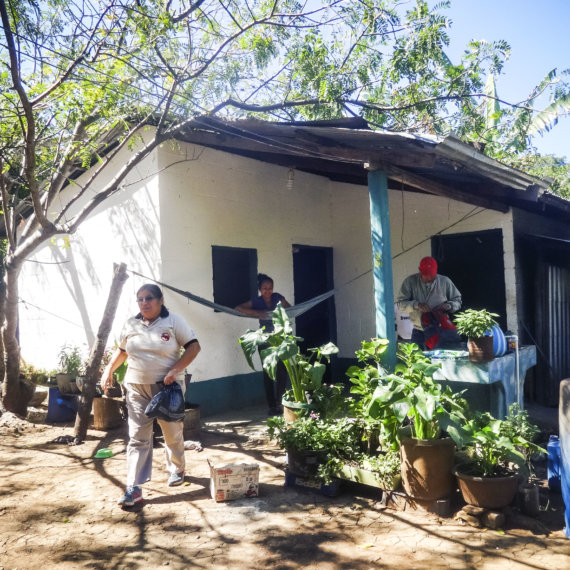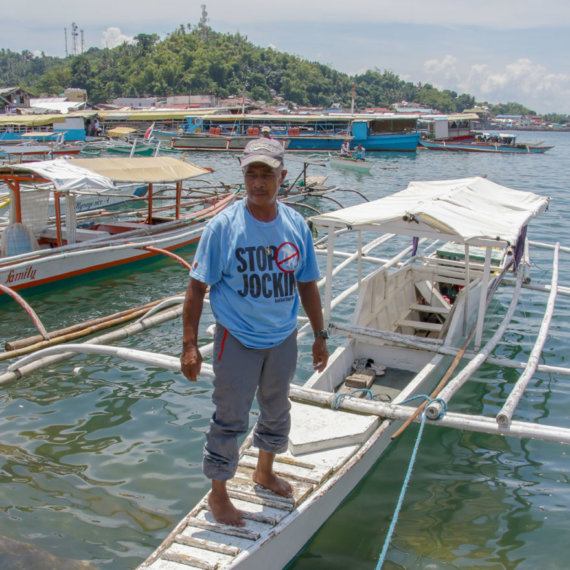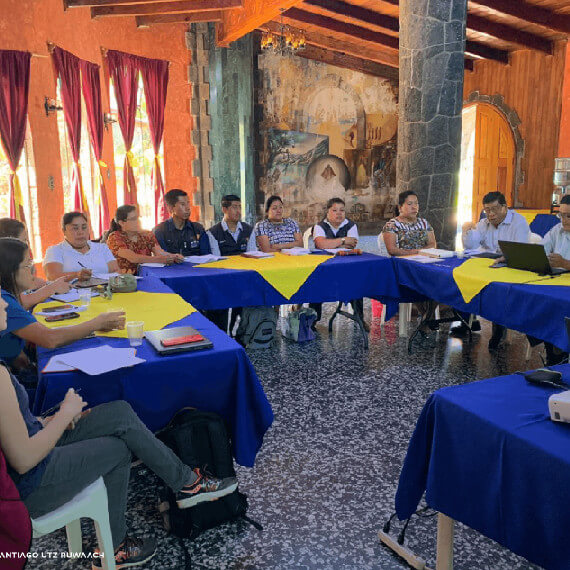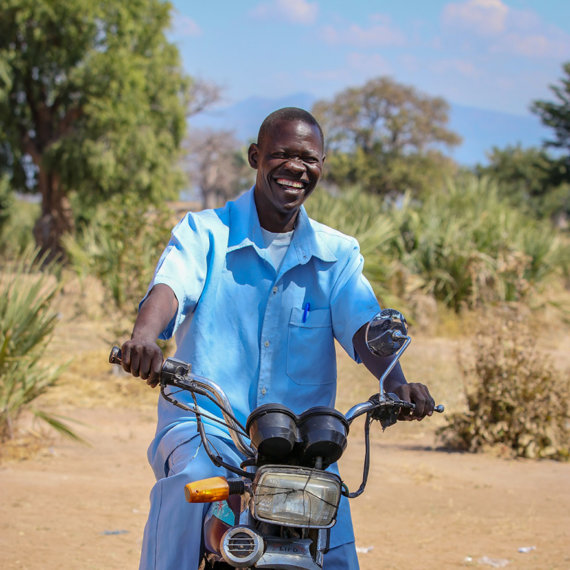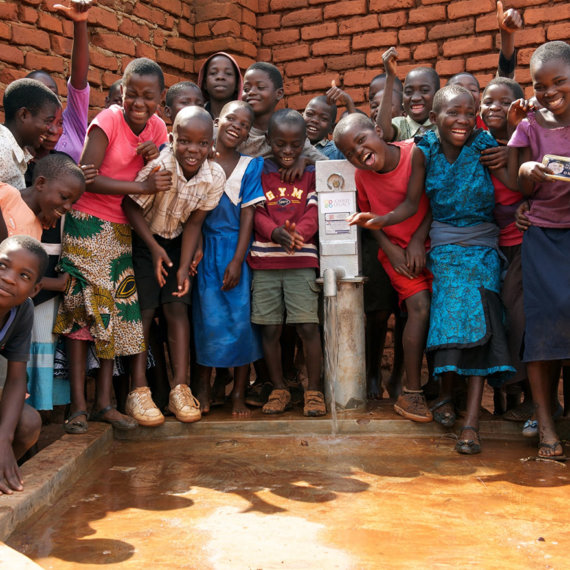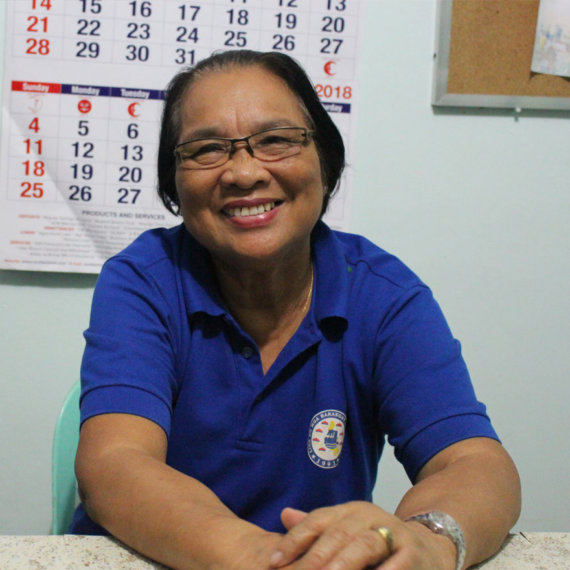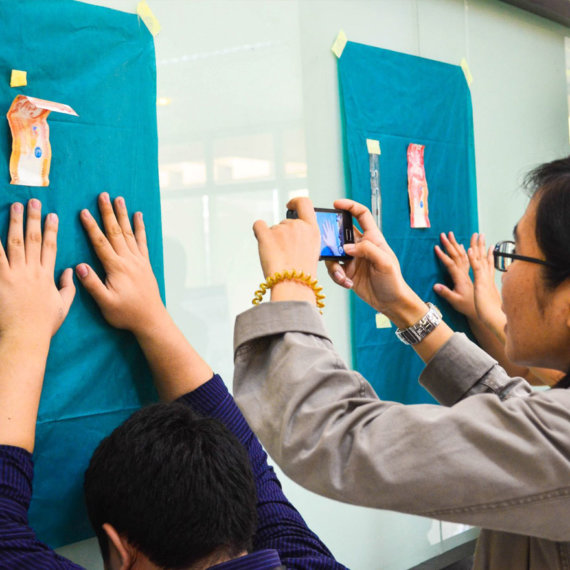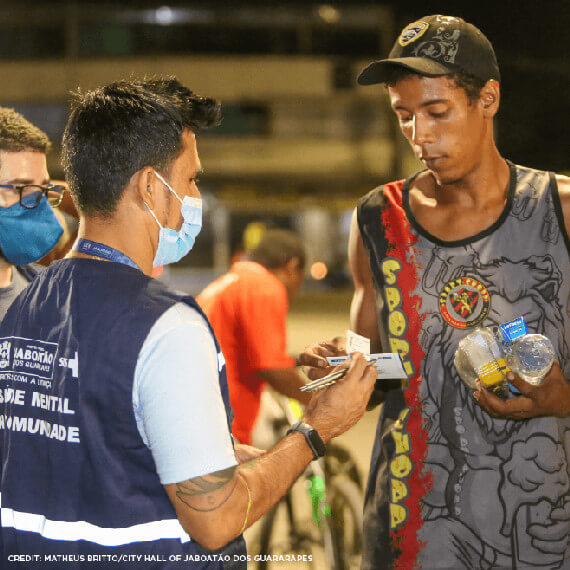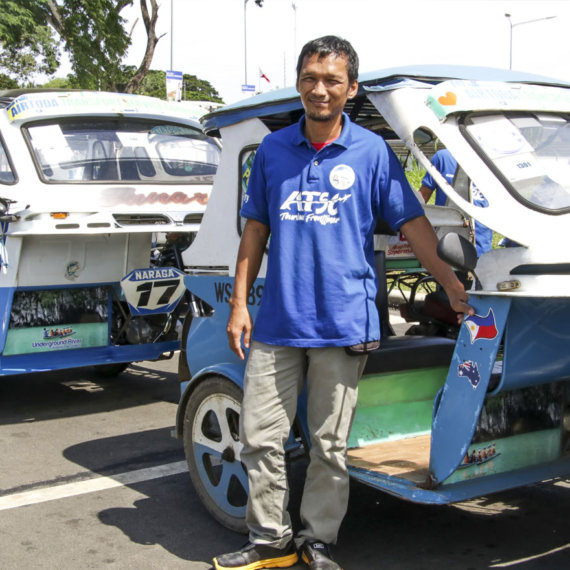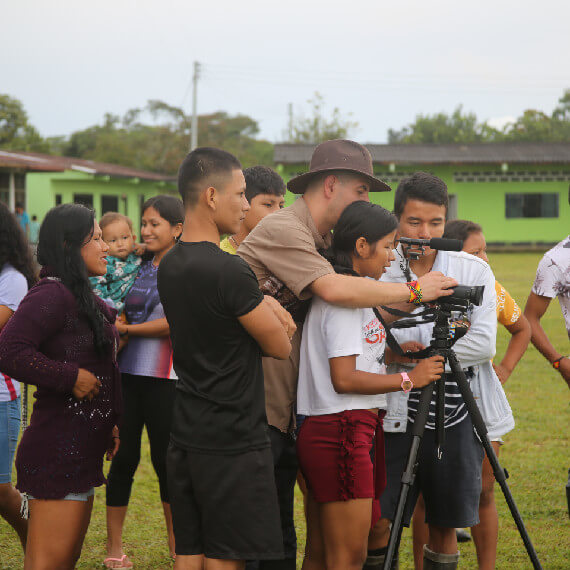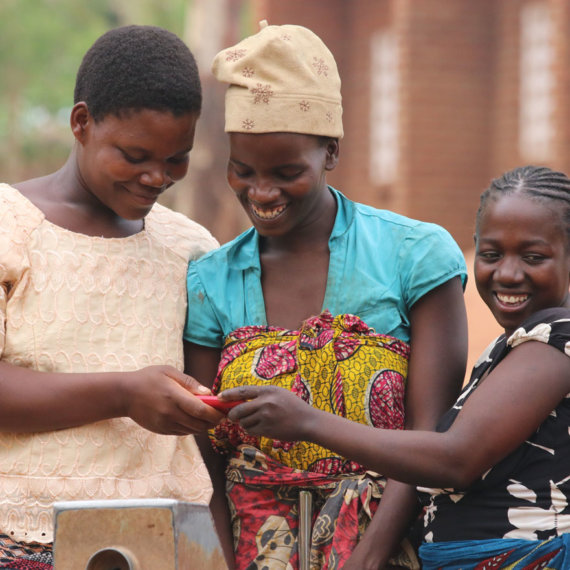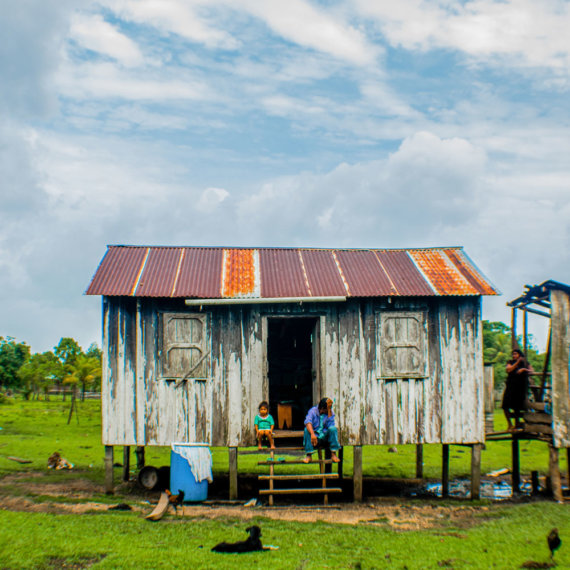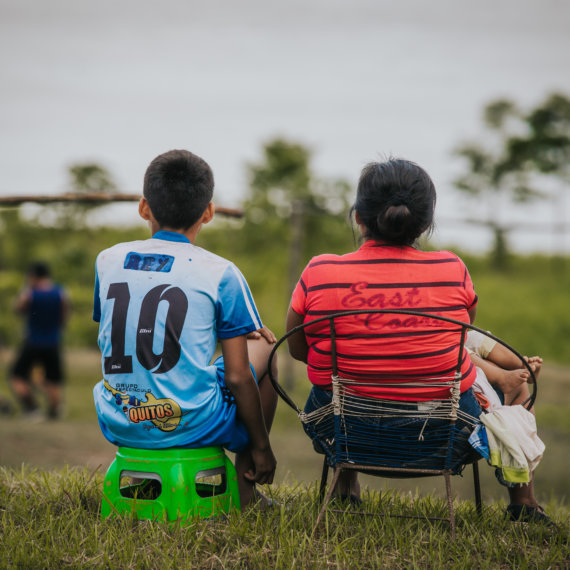INDIGENOUS HEALTH AGENT PROFESSIONALIZATION PROGRAMME IN THE ALTO RIO NEGRO REGION
A programme equipping and raising the profile of indigenous health community agents in Brazil through context-specific and culturally appropriate training that uniquely blends traditional medicine, biomedical approaches and general education.
CONTINENT
Latin America
Country
Brazil
Continent
Latin America
Country
Brazil
Founding year
2009
Website
Organizational structure
Government public health research institution (FIOCRUZ) and nongovernmental institution (FIORN)
Health focus
Primary health care
Areas of interest
Community health workers, Indigenous peoples
Health system focus
Health workforce
CHALLENGES
Indigenous peoples across the world are some of the most marginalized in society. They are often poorer, less educated, and have worse health indicators than the general population. Distance, the location of health facilities, and the isolation of indigenous communities pose major barriers for accessing health services. Another key issue is the lack of cultural sensitivity and appropriateness of the care delivered. The health system in Brazil is shaped according to western, scientific values (De Moura-Pontes, Garnelo & Rego, 2014). This is in stark contrast to the perception of health and illness held by indigenous peoples, who define well-being more broadly than merely the absence of disease. Indigenous traditional medicine practices are passed down through generations and heavily depend on the land, food and availability of medicinal plants (Montenegro & Stephens, 2006). The fusion of western and traditional medical practices has yet to occur and there has been a lack of recognition by official health authorities of the role of indigenous health workers. Despite indigenous community health agents’ vast knowledge in traditional medicine and their embeddedness in the communities, the role of indigenous health agents has been significantly limited. In Latin America, indigenous peoples represent over 400 different ethnic groups and comprise 10% of the total population (Montenegro & Stephens, 2006). The 2010 Brazilian census estimated the presence of approximately 900 000 indigenous Brazilians.
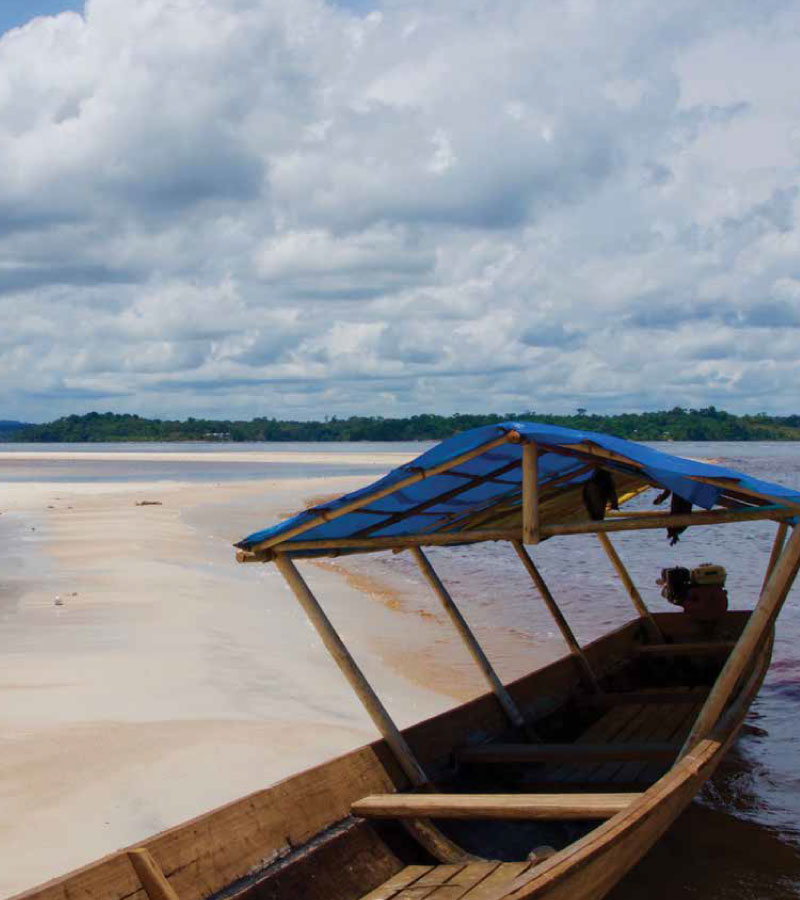
“The Indigenous still suffer from discrimination in Brazil, being considered inferior. They want recognition of the training, because it seems that all the knowledge that [indigenous] health workers have is not worth it. The focus now is to make government institutions recognize the specific training the health workers received and that they sign the documents for this.”
– Indigenous leader, FOIRN
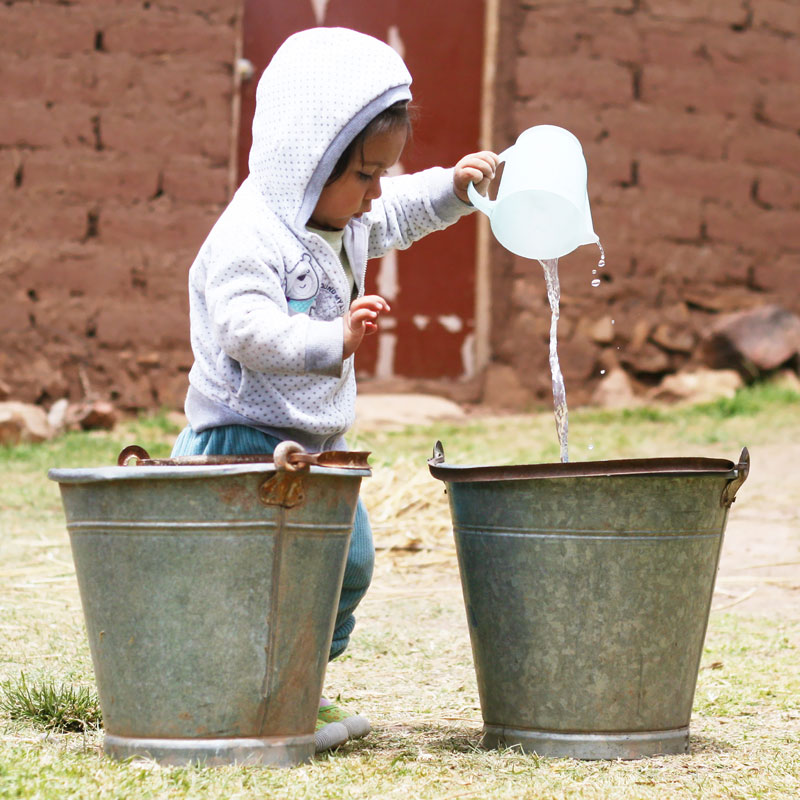
INTERVENTION
The Indigenous Community Health Agent Professionalization Programme (ICHAPP) aims to enhance health care services in remote indigenous communities in Brazil by incorporating the cultural underpinnings and voices of the indigenous peoples and their local community health agents. It is the first community health worker programme that has developed a formalized training approach tailored to the contextual and cultural realities of these indigenous peoples. In a context where indigenous peoples are often severely marginalized, recognizing and equipping their local health agents helps ensure that health care services delivered to these remote indigenous communities are both high-quality and culturally appropriate. The training programme uniquely blends traditional medicine, biomedical approaches and general education. The first cycle of the programme, running from 2009 to 2015, trained and professionalized 189 indigenous health agents. Not only has ICHAPP raised awareness on the role of indigenous community health agents, but also the qualification that these health agents gain on completion of the education programme has enabled them to receive a salary for the work they do.
“It was the first time somebody was trying in a serious way to join tradition and biomedicine in Brazil.”
– Luiza Garnelo, Oswaldo Cruz Foundation
CASE INSIGHTS
This case study illustrates how in countries with marginalized or distinct cultural population groups, a deep understanding of these communities’ values and beliefs towards health and wellbeing provides insight into how health systems should be adapted or redesigned to allow for culturally respectful care that is truly person-centred. It shows how traditional community knowledge can be leveraged and integrated successfully along with biomedical approaches in a structured and cohesive way.
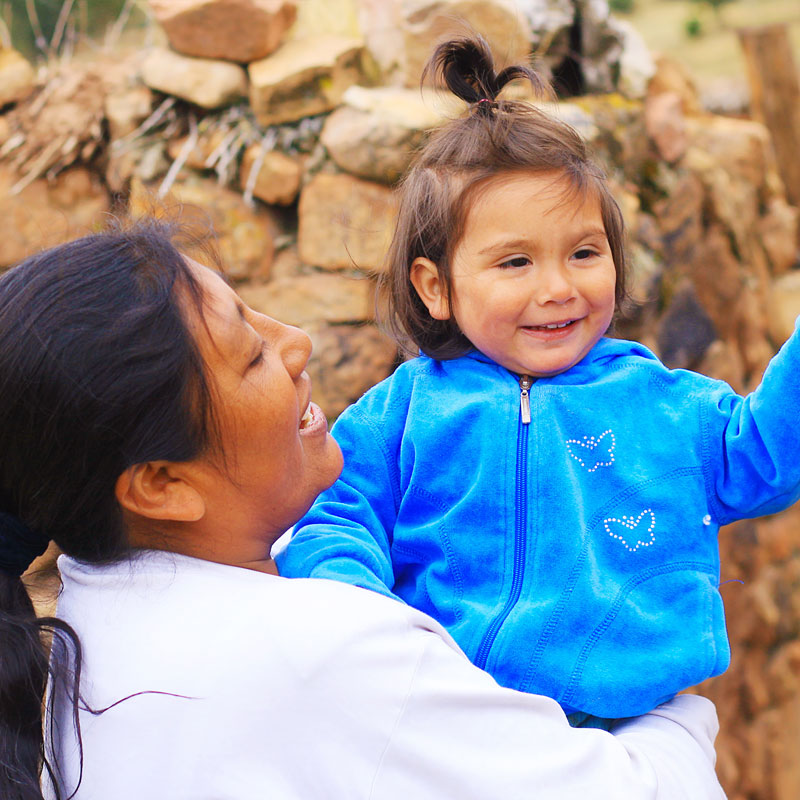
“We learned about culture, politics, how to value food, and the treatment of water. In the communities, people thought they only knew about the disease and how to administer medicines. But the course allowed us to learn about health: how to care for the community health and for them not to get sick.”
– Romero, Indigenous Health Community Agent
